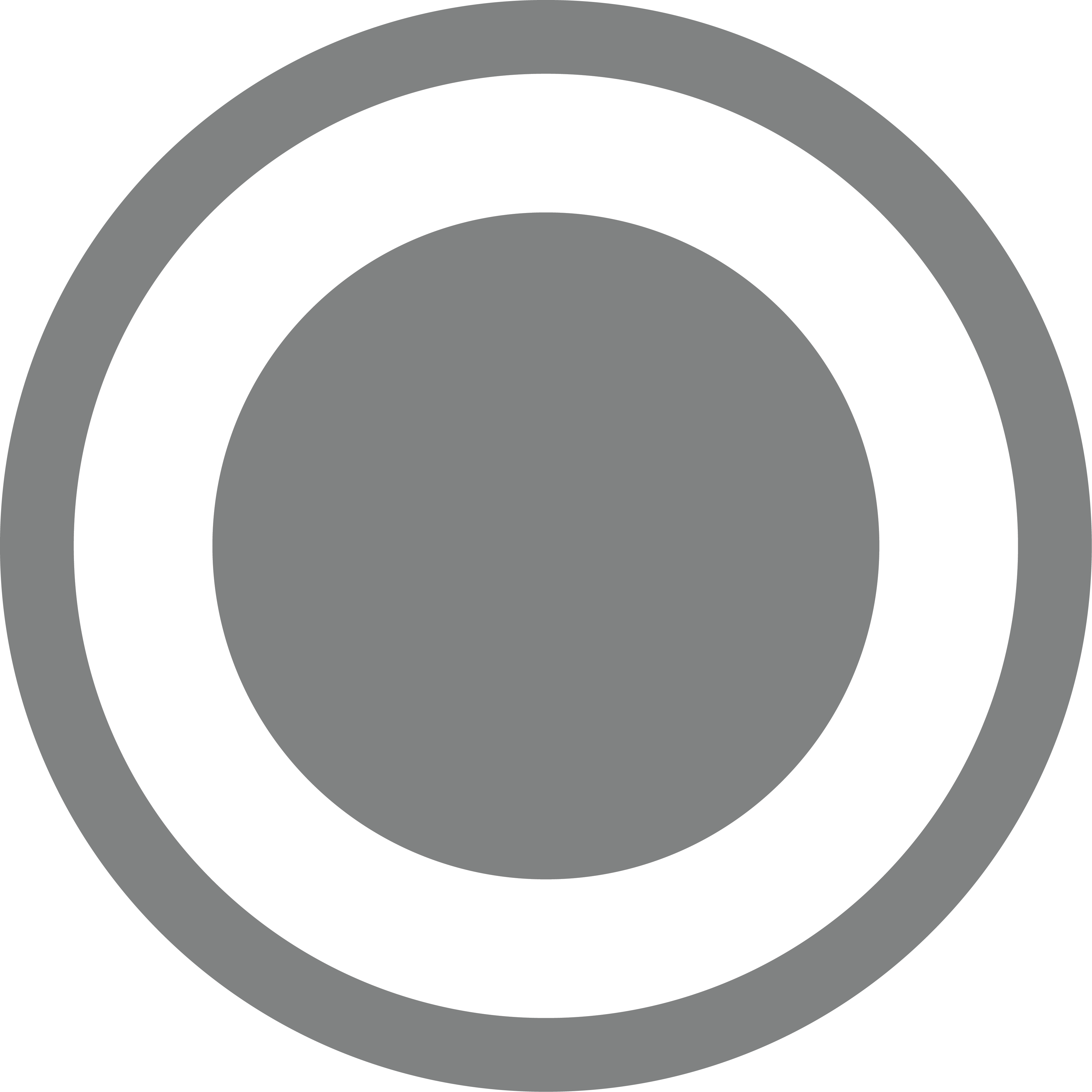SEO for CEOs: A Blueprint to Optimize Your Site For Search |
Posted: March 15, 2012 |
We see it all the time. Your business is picking up steam, you’ve got traffic and customers, but your website search engine optimization (SEO) stinks. You never even gave it a college try — higher priorities always trumped optimizing for organic search and hiring a pricy agency to perform wizardry didn’t appeal to you. In this post, I want to:
This post is a kind of “SEO starter kit.” Use the tools and template herein to delegate the important tasks to your team. All you need to do is plug in the names of your team members and hit “send.” Empower each team member to project manage their assigned chunk of the SEO effort. Invest If You CanLook: I’m not saying you can compete with the big dogs of SEO by sending a templatized email to your non-SEO-expert team members, nor am I saying this is a comprehensive SEO task list. There are components I’ve chosen not to address. My goal is to help business owners prioritize basic SEO initiatives. If you have the bandwidth and budget to hire an expert, you absolutely should. But if you’re one of the many business owners whose page titles are your brand name and nothing more, this framework will give you a decent and necessary start. Building Blocks of SEO
High-Level SEO Lesson: What Matters Most1. Your site content & the HTML behind itThink of this as the groundwork for a healthy SEO footprint. On its own, it’s usually ineffectual, but as part of your SEO strategy, it’s indispensible. Here’s how search engines see your site.
Note: The content of the TripAdvisor sample page above has been sliced up to fit this format. On the most basic level, you need these components: Title. The <title> of your pages is critical. It’s read from left to right in terms of importance, so once you’ve carefully chosen the keyword phrase(s) you’re trying to rank for, a good, simple formula for page titles can look like this: Primary keyword phrase | Secondary keyword phrase (optional) | Company name
Meta description. This is the little blurb search engines will show when a page on your site shows up in search results. Make it short and unique, including your top keyword phrase if it fits naturally.
Copy. Each page on your site should contain, at the very least, a few sentences with organized headers describing what the page is about. On your homepage, that means spelling out what you do in simple language that both humans and machines can understand. 2. Getting relevant, good quality sites to link to yoursLink building is like bridge building. It takes time and sweat. But without strong inbound links, your on-page HTML changes will hardly help you rank.
3. Some technical stuff that sounds pretty complicated but isn’tSEO best practices dictate that you submit a sitemap, use proper redirects and descriptive image alt tags, develop a structured system of internal links to indicate the relative importance of your site’s respective pages to the search engines, and execute on a slew of other minutia in order to achieve organic search nirvana. I’m going to recommend focusing on #1 and #2 above as a top priority. Once that’s in motion, you can attack these tasks, but don’t let them overwhelm your team into paralysis. Choose your Cast of Characters to get the Job Done1. Excel Nerd / Research Ninja. You want a super smart, analytical team player for this role. This person crosses their t’s and dots their i’s. Maybe they once won a spelling bee.
2. Writer Person. You’re not looking for Dostoevsky here, but someone who can write short, punchy marketing copy based on findings curated by your Research Ninja. You also want someone who’s well-liked by your team and great at collaborating with them on different types of projects.
3. Developer. Yup. You’ll need a web developer, too.
Mobilize your Cast of CharactersHere’s a simple email template you can use to rally your team and spell out the tasks that’ll get your SEO gears a grindin’.
From: Mr. CEO guy To: Research Ninja, Writer Person, Developer Subject: Let’s SEO our site in 30 days Hey team, We’ve never had many resources to devote to SEO, but I see big reward for us if we can start to plant the seeds for greater organic search traffic in the future. I’d like to enlist your help with this project, whose objective is to get us to a basic level of SEO proficiency so we have a chance to rank on some desirable search terms. (Research Ninja), I’d like you to: 1. Use the AdWords Keyword Tool to research the types of phrases our prospective customers are using to find sites like ours. The default results will reflect broad match estimates, so be sure to look at exact match, too. 2. Download the search volume and competition data to Excel. This will transform the competition “meter” into a quantitative measure of each keyword phrase’s competitiveness. 3. Strategically whittle down the options to a maximum of 2 or 3 keyword phrases we should try to rank for. Your key criteria are relatively low competition and significant global search volume. 4. Validate your research against search volume and competition estimates shown by other SEO tools like Raventools, SEOmoz, KeywordSpy, etc. You might need to start a free trial or two. See if your recommendation holds water using data from several tools. 5. Whatever you determine our top priority keyword phrase should be, please communicate to the team that this is our preferred anchor text for inbound links. Hand off your final recommendations to Writer Person. (Writer Person), I’d like you to… 1. Take a stab at identifying the 5 or 10 most important pages on our website. 2. Based around Research Ninja’s conclusions, write a page title and meta description for each of the pages you identified. Use the following format for page titles:
Meta description format: One or two very short sentences describing what the page is about, in the context of what our company does. Be sure to use the highest priority keyword phrase Research Ninja identified. Next, write a short paragraph or two describing each page. Don’t stuff keywords into the copy — work them in naturally. Write for humans. Each paragraph should have a header or two, as appropriate, related to the keyword phrase(s) from Research Ninja’s research. You’ll hand these over to Developer, who will wrap them in <h1> and <h2> tags. 3. Coordinate with our other properties, if we have any, to get links pointing to our site. 4. Develop a plan to incentivize customers/partners/vendors/affiliates to link to our site. 5. Work with sales / business development to ensure we start requiring a backlink in every contract we sign, if it’s realistic to ask for one. 6. Identify 5 bloggers and/or companies related to our space and reach out to them to explore guest blogging opportunities. Beyond your obvious outreach tools — LinkedIn, Jigsaw, your colleagues’ contacts. – you can also scope out myblogguest.com for guest blogging opportunities. Once you have some leads lined up, let’s talk about who on our team can help write good content. 7. Are we listed in basic business directories? Please create a standard business profile and submit our site to DMOZ, CrunchBase, LinkedIn, HotFrog, Google Places and Bing. 8. Do we have a blog? Let’s talk about how we can get one going. In all your link building efforts, remember to request the preferred link anchor text recommended by Research Ninja wherever possible. Of course, if you’re building links to pages other than our homepage, it might make sense to tweak this anchor text. As a rule of thumb, you can use the keyword phrase in the title of the page you’re linking to as the anchor text. Developer, can you please work with Writer Person to change our site HTML as follows:
Finally, extra credit to whoever can:
Let’s get’r done! Thanks, And there you have it. Define a timeline and get it done. Many months down the road, your shot at free traffic will be much greater for your efforts here. Get strategic about the HTML on your site, have your developer make the quick tweaks, and suddenly you’re “keeping up with the Joneses” in terms of on-page SEO. Then, get aggressive about your link building campaign and get the link juice flowing your way. You won’t see immediate results, but month by month, you’ll build up that free traffic. Don’t forget: while it seems like a lot of hard work for a tough-to-measure reward, even companies with modest PPC budgets are paying several dollars for each and every visit they buy. If one can estimate the value of a visit by what others are willing to pay, your team’s hard work will yield some nice loot. *The “Excel Ninja” image is courtesy of distilled.net About the Author: Igor Belogolovsky is Cofounder of Clever Zebo, a group of online marketing strategy experts (www.cleverzebo.com) specializing in SEM, SEO and conversion funnel optimization. He also happens to like craft beer and snowboarding.
|
|||||||||||||||||||||||||||||||||||||||||||||||||||||
|
|||||||||||||||||||||||||||||||||||||||||||||||||||||








